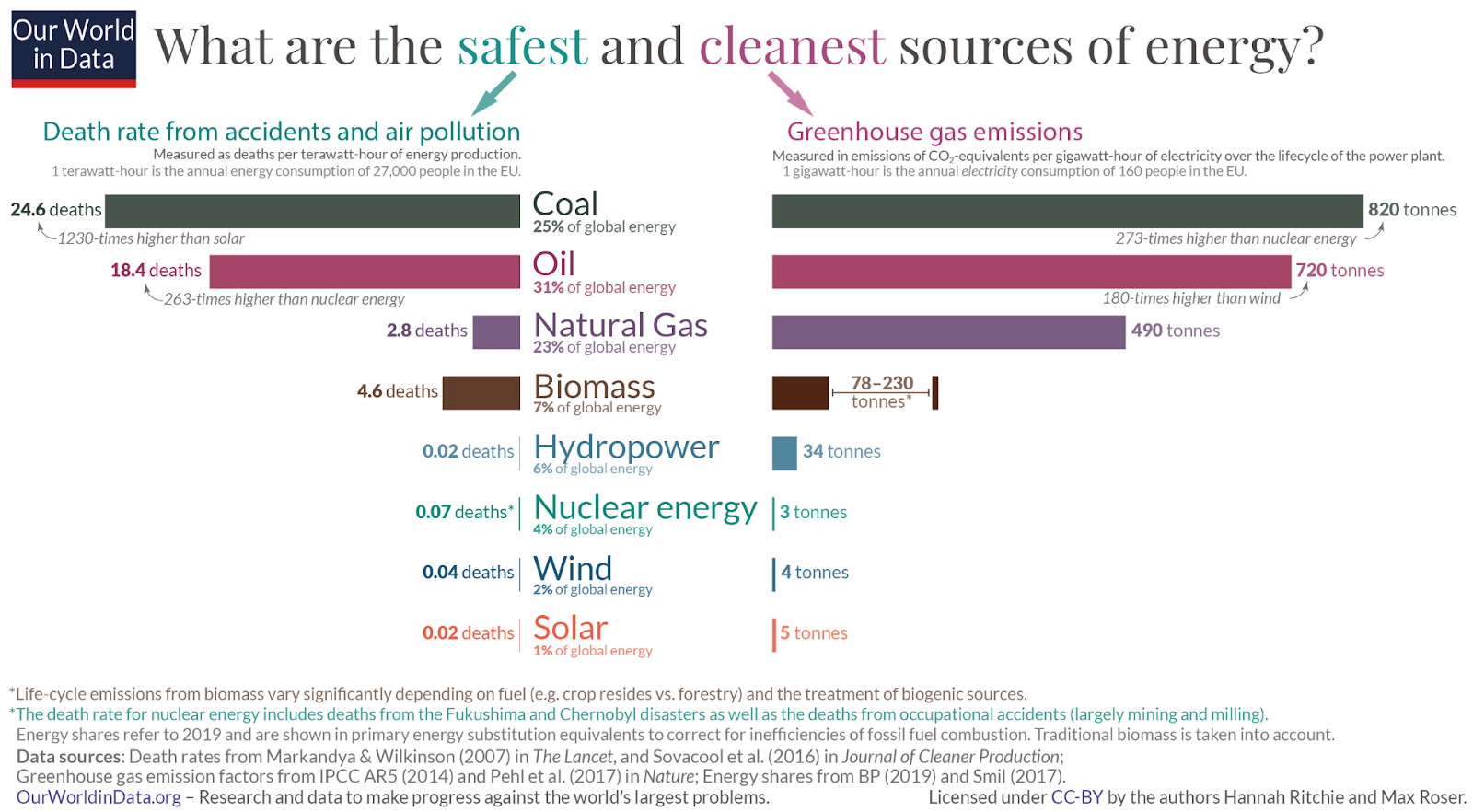Bobby Pembleton, now an enterprise executive at a top European university (and a member of my international Mario Kart online group) is among those who found that FFVII’s environmental message stuck with him. And he’s got the tattoo to prove it.
Me and both of my siblings were totally radicalized by the game
, Bobby told me. When we first finished it back in the day, our takeaway was, Oh, civilization ended, and this is a good thing
.
We hadn’t seen an uncertain ending (in any media); that level of complexity was new to us
, he added. It took a few days to sink in, but we concluded all humans were dead, and this was a good ending.
Dylan, the middle Pembleton child who now works in the film industry, recalled that the ending made them all feel that we need to be stewards of the land, like these ancient talking coyotes. Our takeaways were that major industrialization is bad, and understanding how the lifestream and the planet works is much more important—because look how cute those coyote puppies are!
Stephen K. HirstThis story feels like a perfect exemplification of a pervasive, but rarely acknowledged ‘first-world problem’ plaguing our modern society: after living in comfort and relative security for decades, people (mostly young people, but the problem is in no way limited to them) no longer realize how bad life used to be without this civilization they’re so casually vilifying. I mean, do the people quoted here even realize that they wouldn’t have videogames without industrial civilization?! That instead they would have been ‘enjoying’ themselves through childhood working alongside their parents on a farm (or be dead at an early age from a perfectly curable disease)?! It’s quite easy to idealize a situation that you’ve never experienced – and thus end up chasing an impossible chimera.

This post-historical attitude of willful ignorance (‘only the things I care about are important’) and nihilistic entitlement (‘I don’t approve of how the world works, so might as well burn it all down’) is impeding progress and finding solutions to complex problems, from the pandemic to global warming. The constant back-and-forth over nuclear power is a good example on the climate side: ‘green’ activists, led by Greta Thunberg, are opposing the inclusion of nuclear energy in the EU’s sustainability guidance, despite evidence that it’s one of the cleanest and safest sources available right now – basically putting their beliefs and convictions above all else, science and progress for the rest of the world be damned! An immature attitude, but unfortunately one that people these days don’t seem to ever grow out of…
It occurs to me that part of the appeal of ‘lab leak’ conspiracy theories surrounding the emergence of the new coronavirus may be tied to these anti-progress, anti-civilization mindsets as well: ‘technological progress is the root of all evil in modern society, so this new bad thing was surely a technological product too!’. Easy to think this way if you ignore the millennia of death and suffering caused by natural pathogens, and the massive improvement in quality of life that medical science has enabled.
Post a Comment